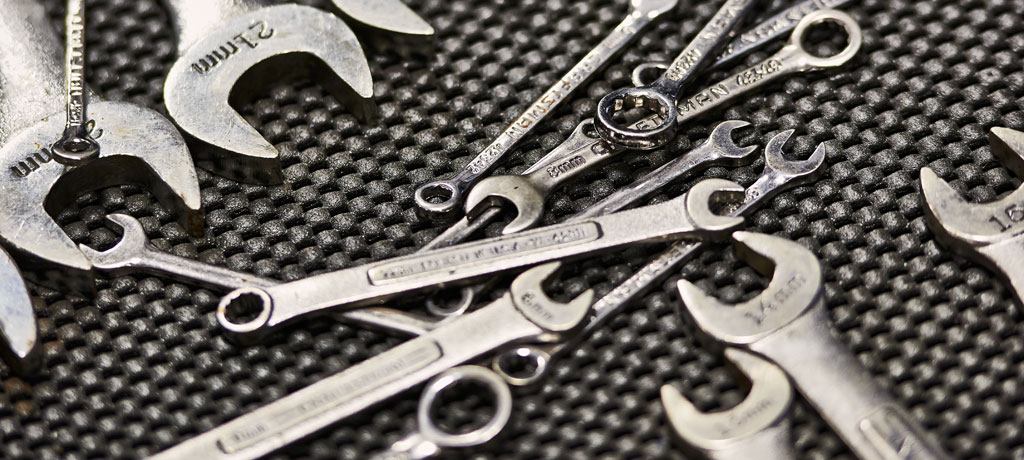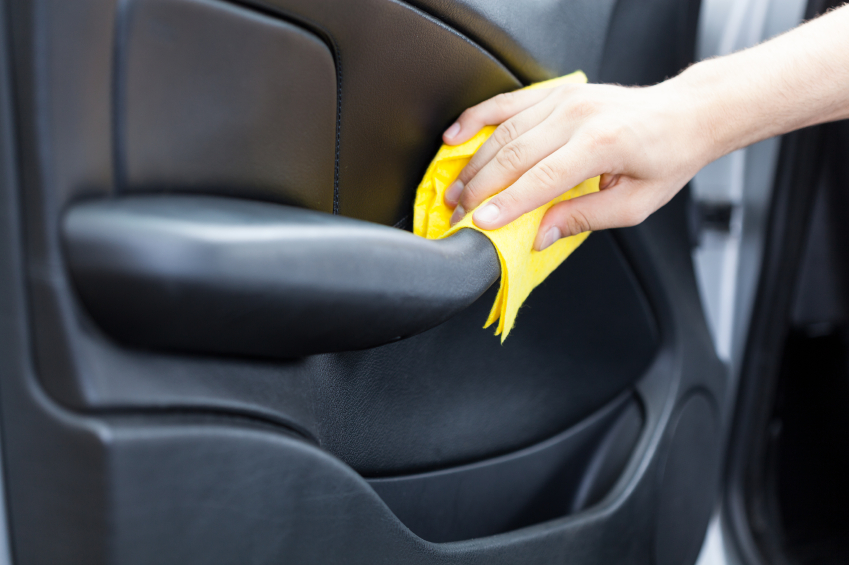What Is a Vehicle Inspection? What to Expect During a Check-Up
As a car owner, ensuring your vehicle’s safety and performance is one of your biggest responsibilities. One of the most effective ways to maintain your car’s health is through regular vehicle inspections.
But what is a vehicle inspection, and what does it entail?
As experts in the industry, let us walk you through what is checked in a vehicle inspection, helping you understand their importance and what to expect when you take your car in for a check-up.
What Is a Vehicle Inspection?
A vehicle inspection examines your car’s key components and systems to ensure it’s in good working condition and safe to drive.
This process involves a trained mechanic or technician thoroughly checking various parts of your vehicle, from the engine to the tires, to identify any existing or potential issues that may need attention.
What Is a 23-Point Inspection?
What is a multi-point vehicle inspection? Any type of multi-point inspection, such as a 23-point inspection, is a specific type of vehicle inspection that covers several crucial areas of your car.
A 23-point check inspects 23 areas and provides a detailed overview of your vehicle’s health, covering everything from basic safety features to complex mechanical systems. While the exact points may vary slightly between service providers, it typically includes checks on tires, brakes, fluids, lights, and other essential components.
When and How Often Should You Get a Multi-Point Inspection?
The frequency of multi-point inspections can depend on various factors, including your vehicle’s age, mileage, and manufacturer recommendations. However, as a general rule:
- New cars: Every 12,000 miles or annually, whichever comes first.
- Older cars (5+ years): Every 6,000 miles or twice a year.
- High-mileage vehicles: Every 3,000-5,000 miles or quarterly.
It’s also wise to get an inspection before long road trips, after experiencing unusual vehicle behavior, or when preparing to buy or sell a used car.
What Is Included in a Vehicle Inspection?
While the exact items checked can vary depending on the service provider and the type of inspection, here are 10 common areas that are typically examined during a vehicle inspection:
Tires
Technicians check tire pressure, tread depth, and overall condition. They look for signs of uneven wear, which could indicate alignment issues, and inspect for damage, such as cuts or bulges.
Brakes
The brake system inspection includes checking brake pads, rotors, calipers, and brake fluid levels. Technicians ensure that all components are functioning correctly and that there’s enough pad material left for safe stopping.
Windshield & Wipers
Inspectors examine the windshield for cracks or chips that could impair visibility. They also check the condition of the wiper blades and ensure the windshield washer system is working properly.
Mirrors
All mirrors—side-view and rear-view—are checked to ensure they’re securely attached, properly aligned, and free from cracks or other damage that could affect visibility.
Seat Belts & Airbags
Safety restraints are crucial, so technicians verify that all seat belts are functioning correctly, free from frays or damage. They also check airbag warning lights to ensure the system is operational.
Suspension
The suspension system, including shocks and struts, is examined for wear and tear. Proper suspension is crucial for a smooth ride and maintaining proper tire contact with the road.
Steering & Alignment
Technicians check the steering system for responsiveness and any signs of wear. They may also perform an alignment check to ensure the vehicle tracks straight and the tires wear evenly.
Fluids
All essential fluids are checked, including engine oil, coolant, power steering fluid, brake fluid, and transmission fluid. Technicians look at both the levels and conditions of these fluids.
Exhaust & Emissions
The exhaust system is inspected for leaks, damage, or corrosion. In areas with emissions testing, technicians may also perform a preliminary emissions check to ensure the vehicle meets local standards.
Transmission
For both manual and automatic transmissions, technicians check for smooth operation, unusual noises, and proper fluid levels. They may also inspect for leaks or signs of wear in the transmission system.
Regular vehicle inspections are vital for maintaining your car’s performance, safety, and longevity. They help catch potential issues before they become major problems, potentially saving you money on repairs in the long run.
Get Your Car Inspected Today!
Don’t wait for a breakdown to occur. Preventive maintenance is key to keeping your vehicle running smoothly and safely. Schedule a vehicle inspection with Meineke today!
Visit one of our many locations to find a Meineke service center near you and book your comprehensive vehicle inspection. Trust the experts to keep your car in top condition and give you peace of mind on the road.






